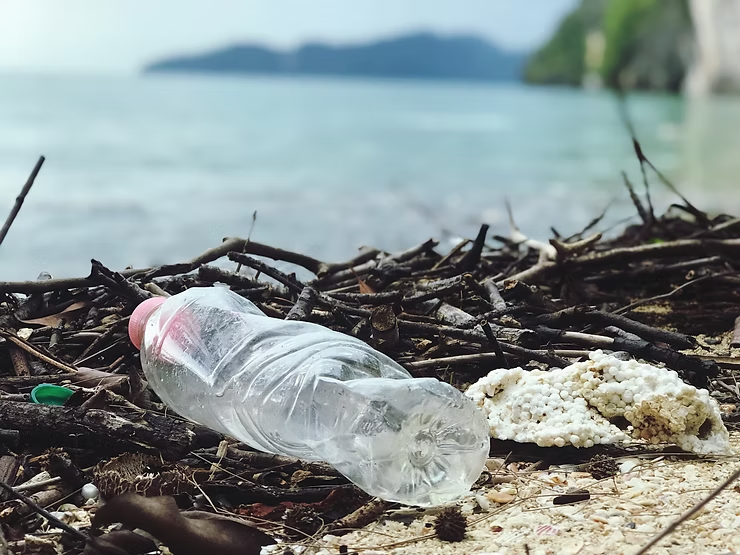Reducing Ocean Nitrogen Pollution: Importance and Strategies
Ocean nitrogen pollution, primarily caused by human activities such as agriculture, industry, and wastewater discharge, significantly impacts marine ecosystems and threatens ocean health and biodiversity.
Eutrophication Control
Excessive nitrogen inputs can lead to eutrophication, characterized by overgrowth of algae, including harmful algal blooms. These blooms deplete oxygen levels, creating “dead zones” where marine life cannot survive. Reducing nitrogen pollution helps mitigate eutrophication and restore ecological balance.
Biodiversity Preservation
High nitrogen levels disrupt marine ecosystems, often favoring algae and phytoplankton over other species, reducing overall biodiversity. By controlling nitrogen pollution, we preserve the diversity of marine life and maintain healthy ecological relationships.
Coral Reef Protection
Coral reefs are highly sensitive to nitrogen pollution. Excess nitrogen promotes harmful algae growth that smothers corals and weakens their symbiotic relationships, causing bleaching and increasing vulnerability to disease. Reducing nitrogen inputs is vital for coral survival and resilience.
Fishery Sustainability
Nitrogen-driven algal blooms deplete oxygen, leading to fish kills and degraded habitats. Minimizing nitrogen pollution helps maintain balanced food webs, supporting sustainable fisheries and ensuring fish resources for future generations.
Human Health Protection
Nitrogen-induced algal blooms produce toxins that accumulate in shellfish and seafood, posing risks of neurotoxicity and gastrointestinal illnesses. Reducing nitrogen pollution safeguards human health and ensures the safety of seafood consumption.
Climate Change Mitigation
Excess nitrogen contributes to greenhouse gas emissions by promoting methane-producing microorganisms. Limiting nitrogen pollution helps mitigate climate change and reduce its impact on marine ecosystems.
Strategies to Reduce Nitrogen Pollution
Improved Agricultural Practices
Implementing sustainable agriculture, including precision farming, optimized fertilizer use, and nitrogen-fixing cover crops, reduces nutrient runoff into oceans.
Enhanced Wastewater Treatment
Advanced wastewater treatment systems can remove nitrogen compounds before effluent discharge, reducing pollution from urban and industrial sources.
Coastal Zone Management
Buffer zones, wetland restoration, and mangrove protection intercept excess nitrogen before it reaches marine environments, mitigating ecological harm.
Public Awareness and Education
Raising awareness among the public, policymakers, and industries about nitrogen pollution promotes responsible nitrogen use and encourages sustainable practices in daily activities.
Conclusion
Reducing ocean nitrogen pollution is essential for protecting biodiversity, coral reefs, fisheries, human health, and climate stability. Through agricultural improvements, wastewater management, coastal conservation, and public education, we can safeguard marine ecosystems and ensure the long-term well-being of our oceans.

